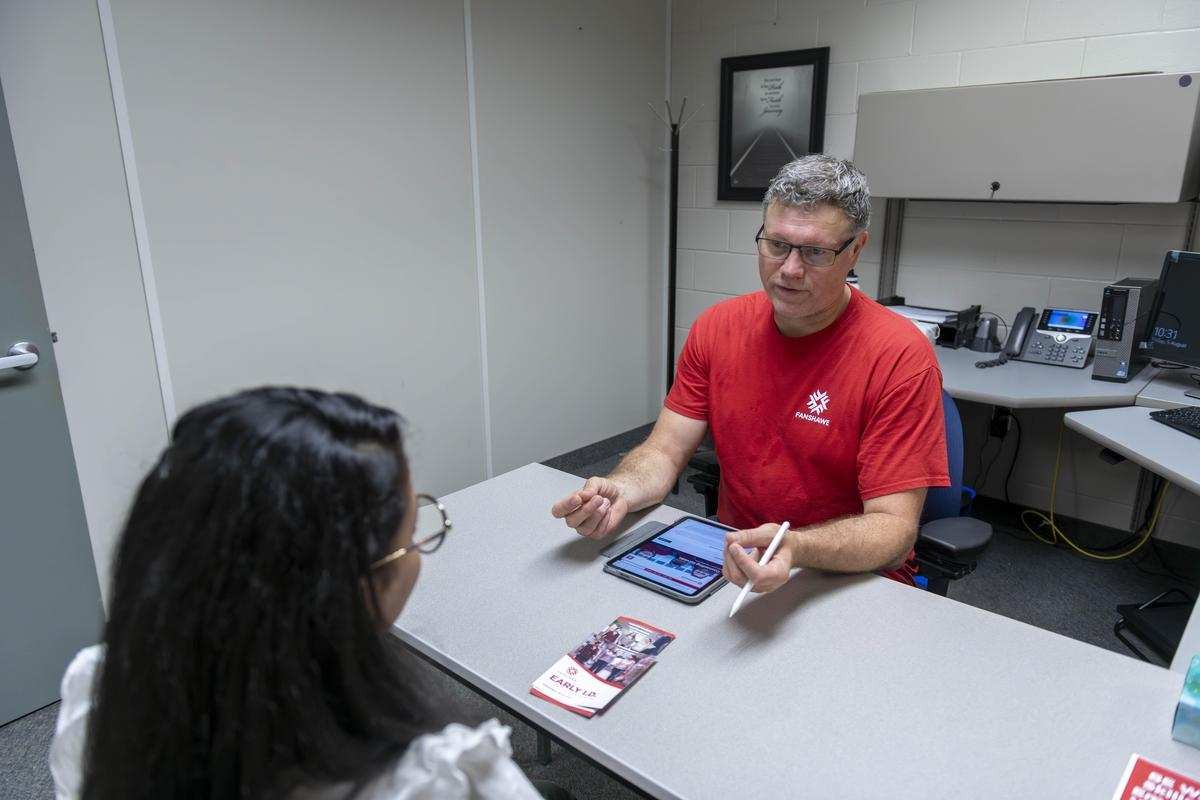Do you know someone who is suffering in silence?
Is someone close to you visibly sad, broken or hopeless? It may be hard for them to open up and share with others the pain that they are struggling with, but the truth is that they’re not alone. There is hope. Here’s how you can help them on the path to recovery.
Ten tips for how you can support a friend or family member with a mental illness
Submitted by Shirley Porter, Counsellor
M.Ed., RP, RSW, CCC
1. Educate yourself
Educate yourself about their illness including symptoms and treatment options. This will help you to understand that there are many treatment options available to help reduce distress, manage the illness and promote recovery.
2. Understand that they can’t “get over it”
Recognize that mental illness is, first and foremost, a physical illness that starts in the body and can affect mood, behaviour and how one thinks. They can’t “get over it” or just “let it go”. Understand that mental illness is not a character flaw or weakness.
3. Remember it’s not personal
Don’t take your loved one’s symptoms personally. If your loved one had the flu, you wouldn’t be offended if they had a fever. Recognize that social withdrawal, sadness, or not enjoying the things they used to might be a symptom of depression. It’s not about how much you are valued in the person’s life. (Note: However, mental illness does not excuse abusive behaviour).
4. Let them know you’re there for them
Acknowledge to your loved one that you might not understand what they are going through but you are trying, and are willing to listen.
5. Listen with compassion
If you don’t know what to say, try something honest such as, “I don’t know how to help, but I will be here for you,” or alternatively, “I’m sorry you are going through this. It sounds like it’s been really hard. What can I do to help?” Sometimes just being willing to listen is a great comfort because the person will learn that you accept them as they are. Don’t minimize their pain or try to get them to “look on the bright side” – doing so will only convince them you don’t understand and they will be less likely to talk to you in the future.
6. Acknowledge their struggle and their strength
Let your loved one know that you see how much energy it is taking for them to deal with their illness, but that you also see their strength and courage. They might deny feeling strong. It’s okay to remind them that the strongest people are usually those who are most exhausted.
7. Ask them if they’re thinking of suicide
If you suspect your loved one is thinking of suicide, ask them straight out. It lets them know this is something they can talk to you about. If they tell you they have a suicide plan and intend to act on that plan, get them to a hospital or call 911. If they are having thoughts of suicide, but don’t have a plan or intention to act, this is a sign that they have run out of coping options and are viewing death as a possible escape. It is important to try to encourage them to speak to their doctor and/or a counsellor.
8. Offer to accompany them to their appointment
If your friend or family member is reluctant to talk to a doctor or counsellor, offer to go with them for their first appointment, even if it’s only to wait for them in the waiting room.
9. Support their treatment choices
For most mental illnesses, effective evidence-based treatments typically include medication and/or counselling support. Support your loved one in whatever treatments they are open to trying.
10. Seek support for yourself
If you are feeling overwhelmed with worry or the effort it takes to support your loved one who has a mental illness, it might be beneficial to you to talk to a counsellor. It’s okay for you to need support too.
With your help, we can address the issue of mental illness in youth. To learn more about how you can help support others with mental illness, learn about support for families in patient recovery. It’s important to know that no matter your situation, you are not alone. We are here to support you!
Where can you go to find help?
Fanshawe College offers a variety of programs and services to offer aid on the path to recovery:
- Get confidential counselling and accessibility services at Fanshawe
- Student Wellness Centre
- Student Health Services
Additional resources:
- Mental Health Addictions and Crisis Centre at 648 Huron Street in London, Ontario (24/7 support)
- Reach Out mental health, addictions and crisis support line
- Good2Talk student support line: Phone 1-866-925-5454 or text "GOOD2TALKON" to 686868
- ANOVA supports for individuals experiencing violence or abuse
- Outside of Ontario: see a full directory of resources across Canada
- International: if you're not in Canada, visit this directory of crisis hotlines








